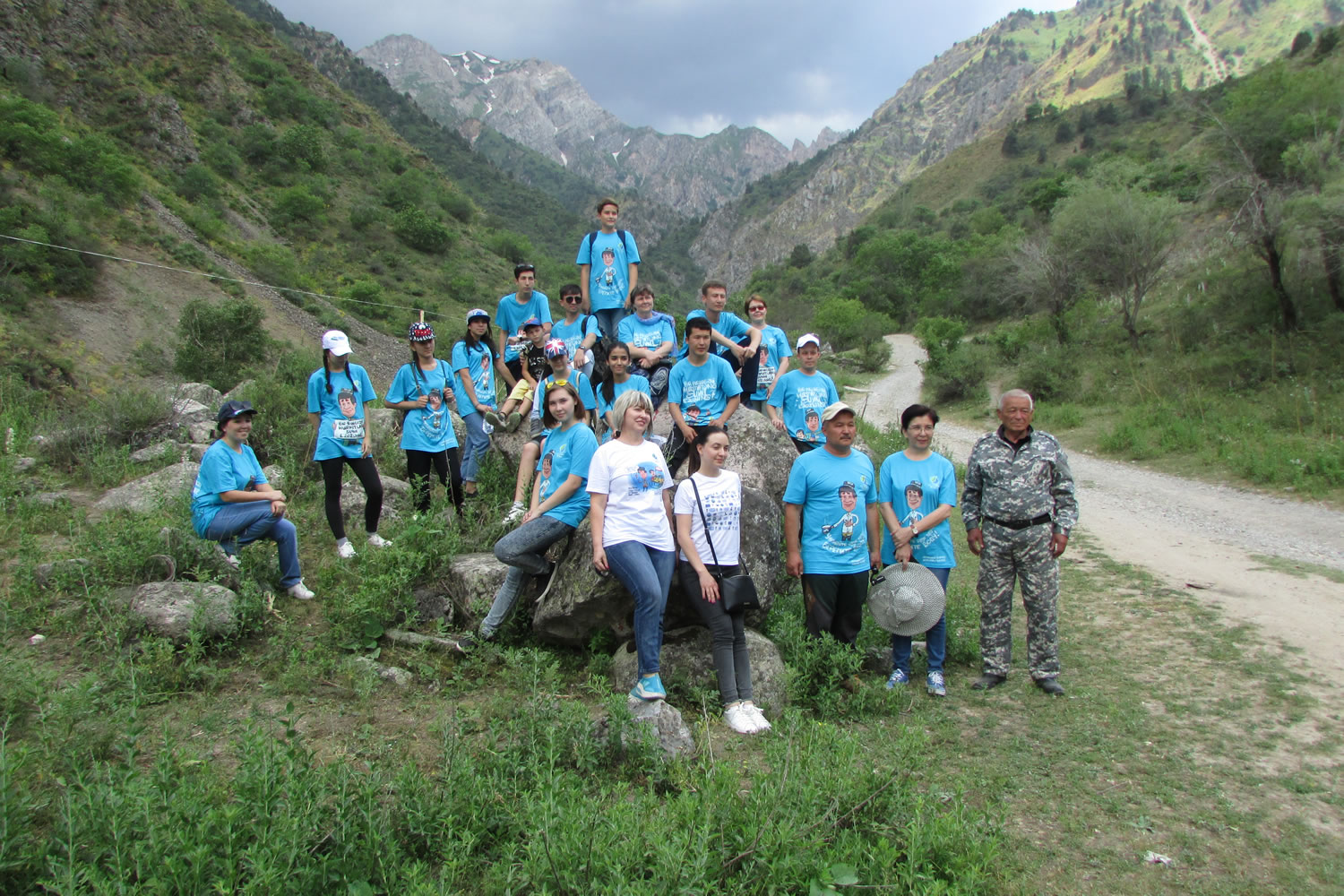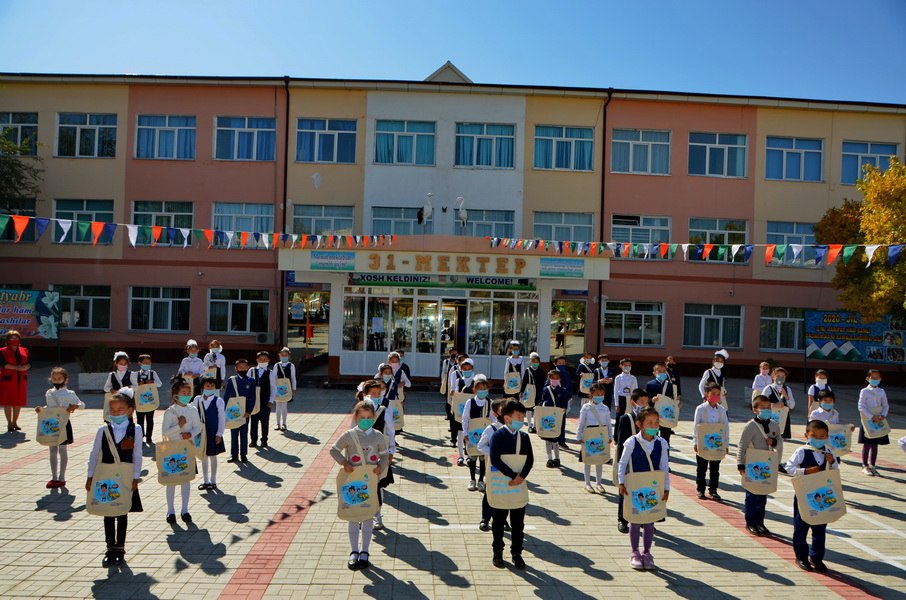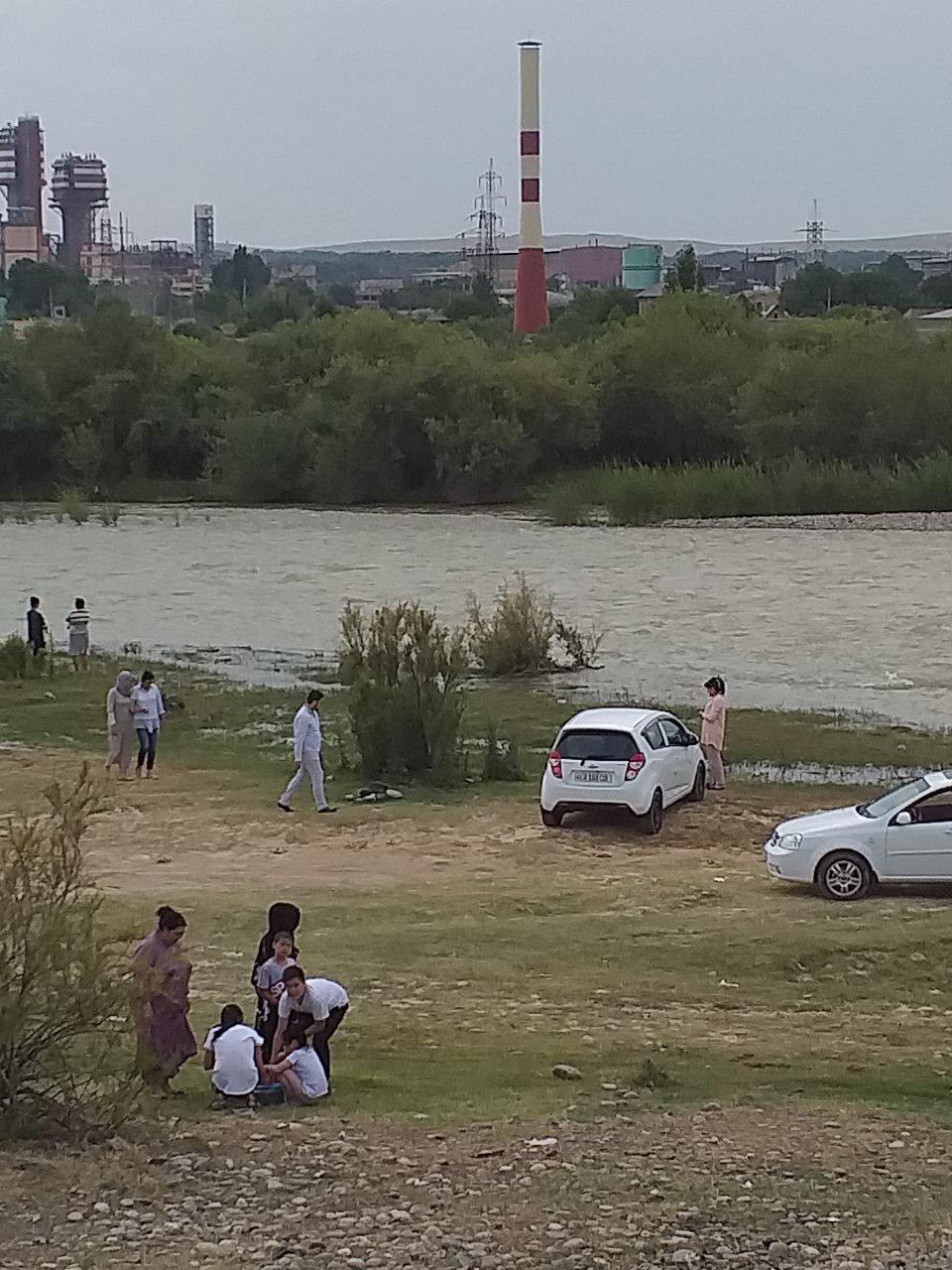While the Covid-19 pandemic in Central Asian countries violates the well-being of people, the healthcare system here, like in other countries, is under increased pressure. At the same time, measures taken by the state to contain a pandemic, such as social distance, as well as proactive closure of borders, have a negative impact on national economies. In particular, on small and medium business, which affects the economic stability of the region. Due to the exposure of Central Asian countries to changes in foreign markets, whether it is the export of raw materials, the movement of labor migrants and their remittances, these countries are particularly vulnerable to worsening external conditions. According to preliminary forecasts, this will have adverse effects on economic growth, employment and the state budget. It is clear that in many countries it will not be possible to avoid a recession, but at the same time, it is necessary to restrain the pandemic.
According to the OECD (Organization for Economic Co-operation and Development) estimates, for each month the quarantine will take away two percentage points of GDP growth. The impact on GDP growth will depend not only on the magnitude and duration of stops at the national level, but also on the degree of decrease in demand for goods and services, as well as on measures for fiscal and monetary policy in the state.
In light of the particularly tight budget constraints faced by many governments in the region, a number of international financial institutions have mobilized to provide immediate financial support.
Country Overview:
Kyrgyzstan:has been hit hard by COVID-19, which is quickly draining public finances and paralyzing much of the country's economy. In order to counter the effects of the crisis, the government will need to approve further measures to support the private sector and strengthen the social protection system by monitoring money supply fluctuations. In the long run, reducing the budget deficit should remain the focus of government attention, and to ensure sustainable growth, measures will be required to improve the legal environment for business, formalize business activity and further reduce trade barriers.
Tajikistan:the economic costs of the crisis will be high, even if the country manages to keep COVID-19 with minimal distribution, given the structural problems facing the country, especially its dependence on the reduction of remittances. In the short term, the government will need to focus on allocating appropriate resources to protect public health, ensure compliance with containment measures, ensure food security, and support the private sector, including through financial programs and tax breaks. In the long run, the country should continue its efforts to improve the business climate in order to increase private investment and employment.
Uzbekistan:The global economic impact of COVID-19 is weakening the economy of Uzbekistan, in particular due to falling prices and sales of natural gas to Russia and China, and a reduction in the flow of remittances from workers in Russia (about 1.3 billion US dollars). As well as the partial closure of Kazakhstan as the main export market for the supply of fresh agricultural products. For the economy to withstand the shock, the government will have to find the right balance between immediate measures to accelerate recovery and continuous reform efforts to maintain the country's growth potential and diversify its economy.
The current crisis is a test of the willingness of Central Asian countries to build up regional political interaction, remove trade barriers, increase economic cooperation and resolve most of the long-term regional problems
At the same time, it is important for the region now to think about the post-crisis world, think out its own strategy in the new conditions and prepare for the expected structural changes in the world order and economic system. Cohesion and cohesion of regional efforts in confronting potential emergencies require further strengthening of regional cooperation, expanding the range of confidence-building measures in Central Asia, and deepening trade and economic cooperation. Strategic planning, mutual support and a balanced foreign policy can be key factors in quickly overcoming the pandemic and stabilizing the epidemiological and socio-economic situation in Central Asia.














